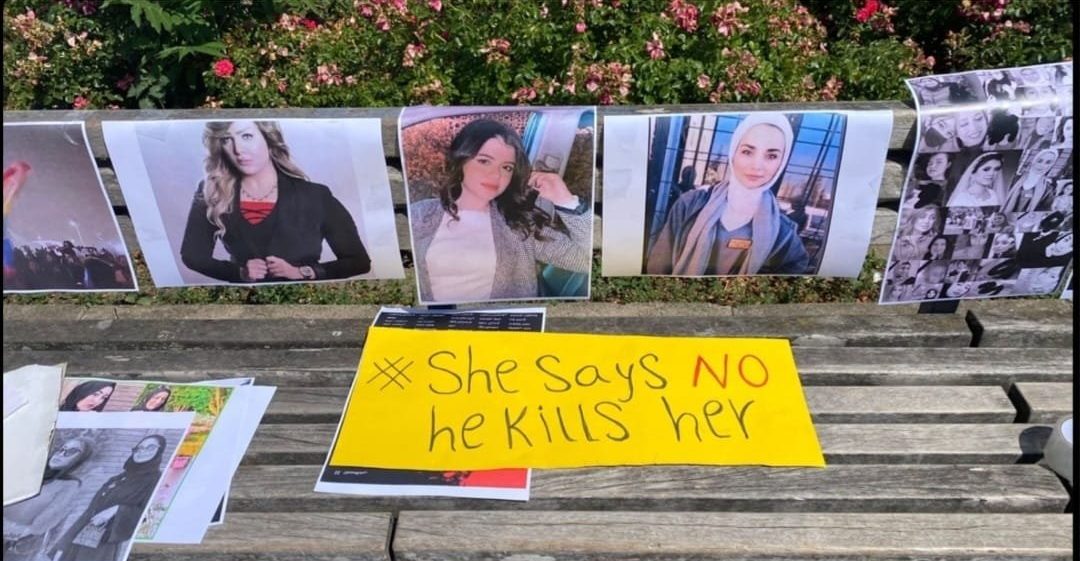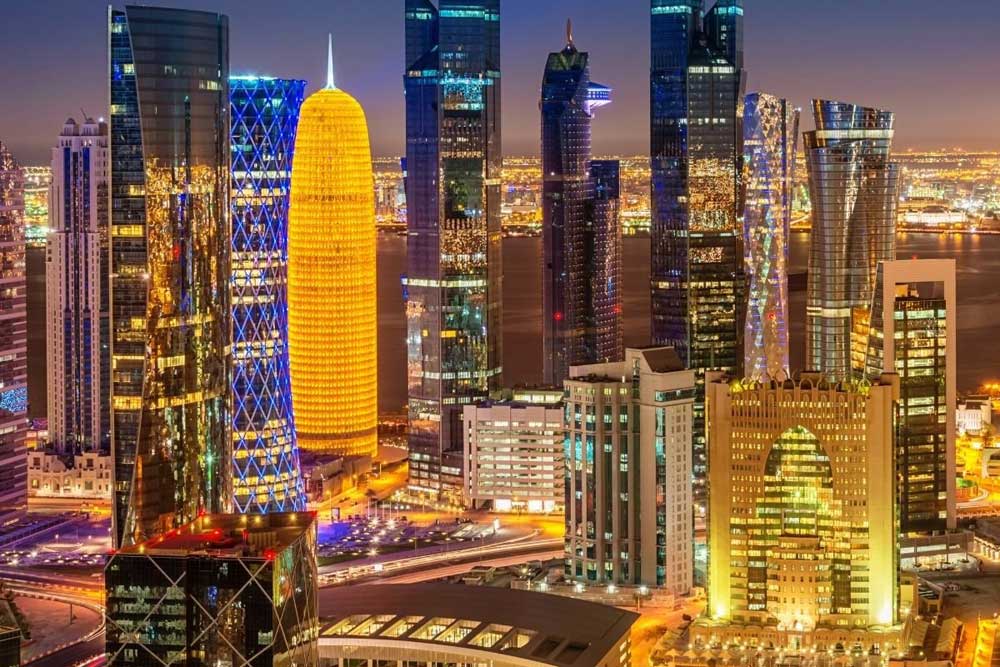[ad_1]
Globally, one-in-three women have experienced physical or sexual violence at least once, mostly by an intimate partner.
Virtual protests highlighting a lack of measures to protect women in the Middle East and North Africa region have sprouted up across social media platforms on Wednesday, with women urging for protection from violence.
Under the hashtag #GeneralWomenStrike (اضراب_نسائي_عام#), social media users across the Arab world are calling for measures and laws to safeguard women, amid an increasing number of femicide cases in recent weeks.
“With regret, disappointment and anger, we used to and still watch our institutions collude against us, not abide by their responsibilities to protect us, and leave us recklessly to our fates in the face of violence,” read a statement issued by the movement.
The virtual movement follows a series of horrific killings of women in different parts of the region.
The case of Nayera Ashraf, 21, who was stabbed to death in broad daylight in Egypt, most recently sounded the alarm on the ongoing gender-based violence in the region last month.
Ashraf’s murderer, identified as Mohamed Adel, killed her outside the university she attended for rejecting his marriage proposal.
Just days later, a similar tragedy was witnessed in Jordan, where 21-year-old Iman Irshaid was shot and killed at the Applied Sciences University. Screenshots that circulated at the time showed how she had appeared to be living under constant threat by her killer, Oday Hassan, also for rejecting him.
Various other similar incidents have shocked the region, including a case in the United Arab Emirates.
“It is time to get loudly angry as people of secondary importance to our countries, societies, laws and institutions. It is time to say publicly that we will no longer accept random, individual solutions that are insufficient to confront systemic violence and injustice,” added the protest movement.
Read also: StandWithAfreenFatima trends as Indian authorities demolish Muslim homes
“We invite you all, and we call on all women, feminists, human rights, civil and political groups to mobilise for a cross-border women’s strike in the countries of the region,” added the movement in a statement.
Angry women joined the movement on social media under the hashtag, calling for solidarity from women around the world.
“Arab Women’s Strike against domestic violence and murder of our girls and women. 6 July. Diaspora Arab women must join, we mustn’t stay silent awaiting our turn, or the turn of our sisters,” tweeted Laura Al Bast, a Palestinian journalist.
In another tweet, Syrian artist Arz Amal Alasmar said,”Five women were brutally killed in less than a week in June 2022, two of them, Naira and Eman were university students, and were killed at their campuses in front of people. And now we, MENA women, are organizing a strike on 6th July. SPREAD THE WORD!”
Other women have also expressed their solidarity with all the victims in the region of the same crimes as well as those being domestically abused.
“All solidarity with the Arab women going on strike tomorrow [6 July] against the unprecedented wave of killing and violence that spread the region. I wish I could join you physically but you are all in my heart, my soul and my mind,” tweeted Razan Ibraheem, senior editor at Kinzen.
Beyond individuals, organisations hopped onto the Twitter hashtag to amplify the voices of MENA women.
“In light of the mounting number of femicides and the continued, deliberate discrimination, exploitation and marginalisation of women in all their diversity, we at Fes Mena stand in solidarity with the [General Women Strike],” tweeted Farah Daibes, Senior Programme Manager, regional Political Feminism project, at the German political foundation.
According to the World Bank, MENA is the second highest in the world in terms of gender based violence, with at least 35% of women experiencing violence by an intimate partner.
Globally, one-in-three women experienced physical or sexual violence at least once, mostly by an intimate partner, per data published by the UN.
The rate of violence can also reach 70% in some countries, which was reflected during the lockdown period during the Covid-19 outbreak in 2020.
Last year, Farah Hamza Akbar, a Kuwaiti mother, was brutally killed in Kuwait City in front of her children by her stalker. The victim’s sister said Akbar had filed multiple police reports that were ignored by Kuwaiti authorities.
[ad_2]
Source link

















Leave a Reply